In addition, it should be reminded that although Confucianism has always cherished the goal of universal harmony out of its zeal to correct the current politics and save the people, it still has its own bounded rationalism in mind. For the history it hopes to correct, Confucianism will never adopt an eschatological and final-judgment attitude, irrationally accomplish the whole task at one stroke, or build a millennium kingdom on earth. On the contrary, even if it wants to correct the history full of corruption and deviation while upholding its values, it will only regard it as a slow and gradual process. Because of this, when Zi Zhang asked whether the rites of the next ten generations could be predicted now, Confucius replied,“the abolished parts and additions were known to people when the Shang dynasty inherited the rites from the Xia dynasty; the same case prevailed when the Zhou dynasty inherited the rites from Shang dynasty. In this way, if the rites could then be inherited from the Zhou dynasty, the development situation of ancient times can be known.” It is precisely because of this that even though in the Book of Rites mentioned earlier, Confucius also looked forward to the state that “men did not love their parents only, nor treat as children only their own sons... They accumulated articles of value, disliking that they should be thrown away upon the ground, but not wishing to keep them for their own gratification. They labored with their strength, disliking that it should not be exerted, but not exerting it only with a view to their own advantage.” However, when it came to the existing state, Confucius did not expect to accelerate ripening the universal harmony, but rather the broad and inclusive “harmony in diversity”. Therefore, in the distinction between self-cultivation and treating others, he established a pluralistic and tolerant standard for the latter, that is, “to free old people from worry, to be trustworthy toward my friends, and at all times solicitous of the young.”
CNS: You believe that creating a modern form of Chinese culture is the mission of a generation. How to let the world understand the universal harmony in the fundamental nature of Chinese civilization is an urgent problem that China needs to solve today. What’s your opinion?
Liu Dong: Compared with the universal harmony concept in Chinese history, nationalism is more prevalent today. Of course, even such a trend of thought forced to become intolerant has its own imminent raison d'être. Most importantly, when the nation was in peril, it could muster the will of the entire nation to, as we solemnly and stirringly sang in the National Anthem, build our new Great Wall with our very flesh and blood. It is precisely because of this that it is enough to discover the power of nationalism by simply looking back at modern history. For example, because there was no nationalism at the end of the Qing dynasty, the entire nation was defeated by a few British gunboats. When the Japanese invaded China, nationalism began to appear, so it was finally possible to carry out the protracted war of trading space for time... Even in later peaceful times, this nationalism had its advantages. As I pointed out in the preface of China Scholarship, few people have noticed that the current general struggle among nation-states is actually one of the few viable ways to resist the globalization of capitalism. Therefore, it should be seen that cosmopolitanism and nationalism are mutually constructive rather than mutually opposed.
At the same time, it should be noted that this nation-based modern thought is contrary to the ancient ideal of universal harmony. Thus, even though he was forced to accept nationalism back then, Liang Qichao remembered deep in his heart that this compromise aimed for more progress. For this reason, he wrote in A Record of My Travel Impressions in Europe, “In our patriotism, on the one hand, we should not pursue national interest at the expense of individual interests. On the other hand, we should not only have the national consciousness and ignore the world. It is under this country that we seek to bring into full play the talents and abilities of all the people in this country and make a great contribution to the civilization of all human beings in the world. This will be the trend in all countries in the future. This is why we advocate the role of this doctrine.” Tetsuo Nakamura, a Japanese scholar, said emotionally about Liang Qichao’s words, “Among Japanese, it is difficult to see people like Liang Qichao in his period or even nowwho takes the kingly way of humanistic spirit as the cornerstone and has the far-sighted thinking leading to universal harmony and coexistence. The distance, for the Japanese, is still far away.” Therefore, in any case, it should be recognized that nationalism is, after all, a limited position, which can only give us a limited perspective. As a result, originally rational people will be more and more trapped in the prisoner's dilemma of mutual suspicion, making it increasingly difficult for us to step out of the nuclear war shadow and respond to the environmental and climate crises while facing impending global crises.
It can be seen that to have the cultural confidence with a real foundation, we need go back to Confucianism in the pre-Qin period. Under the premise of common rationality, we can once again see the ideal of universal harmony and that “Above all nations is humanity.” If, in our own vision, there was only this kind of person, that kind of person and no human being, then the species of late Homo sapiens, including ourselves, of course, would eventually fall into the abyss of eternal doom.
The interview record was first published on January 7, 2022 by China News Service.








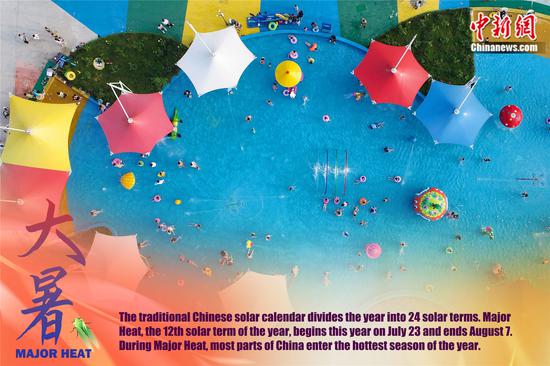
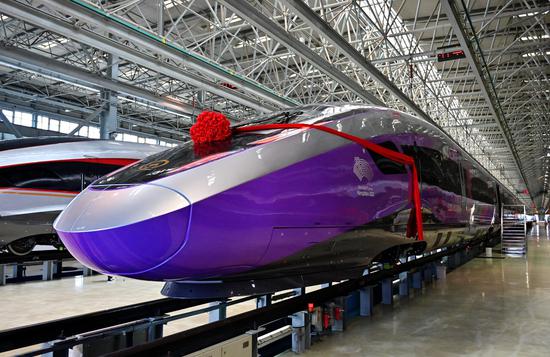


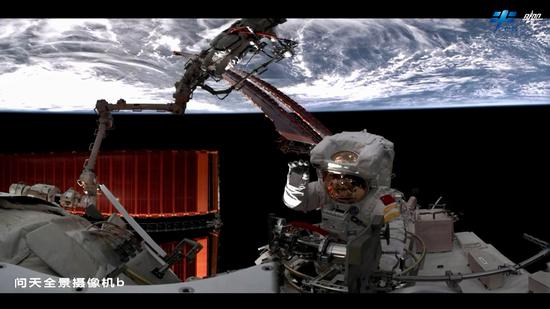
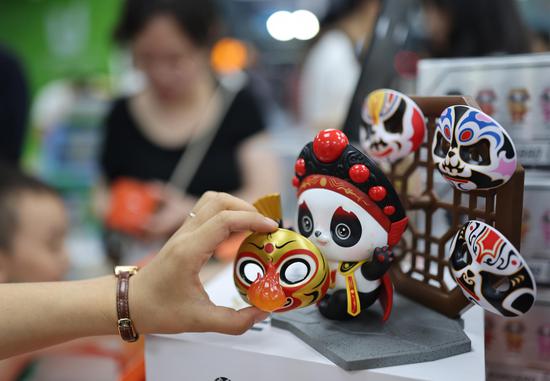
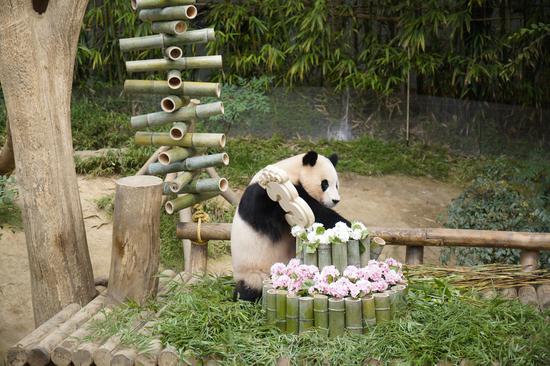
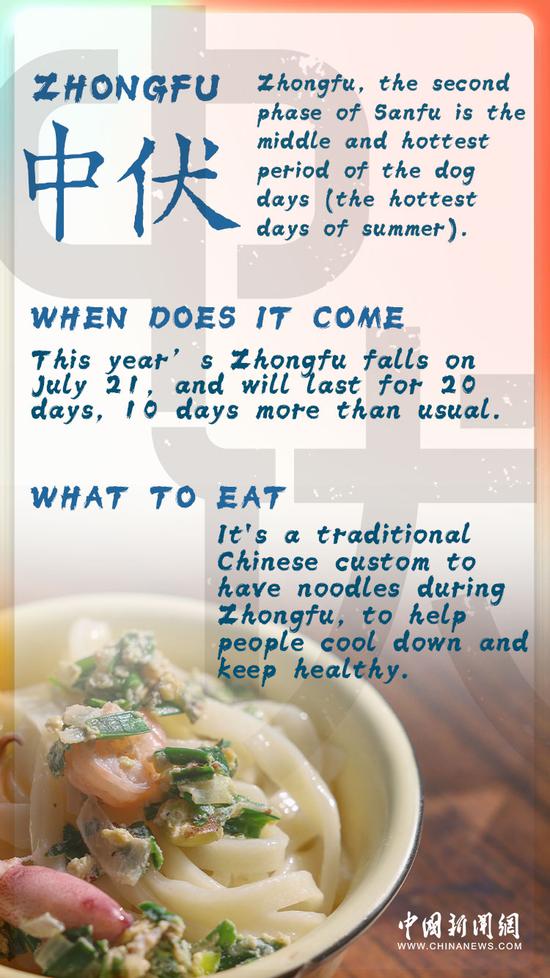
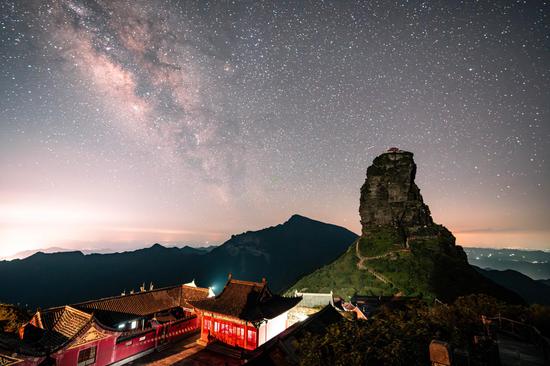

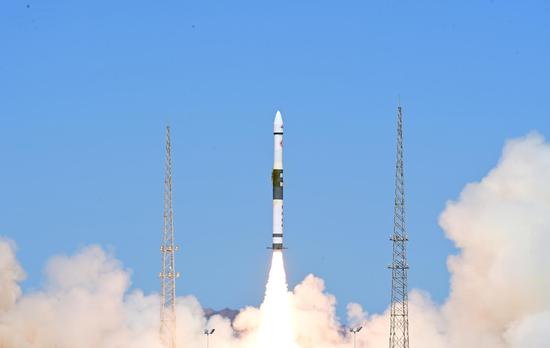
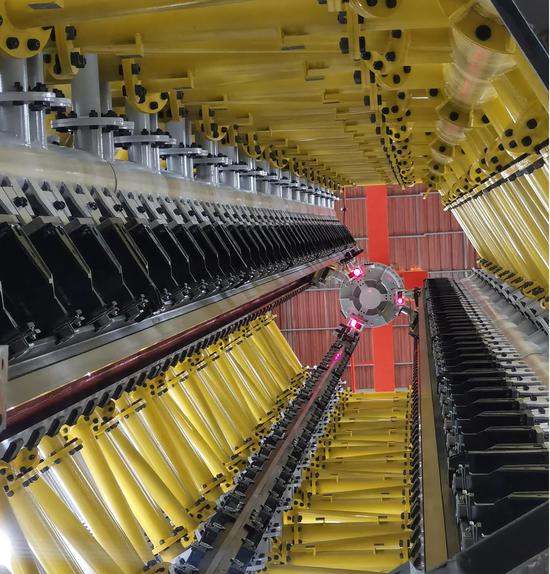


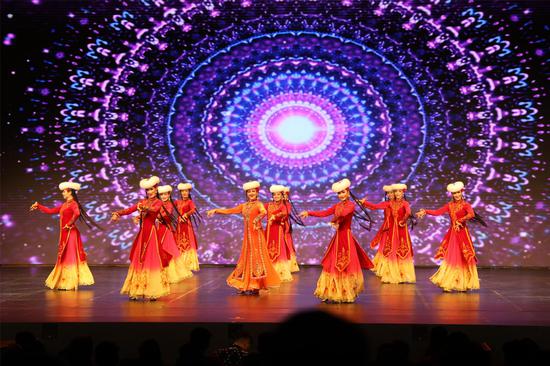

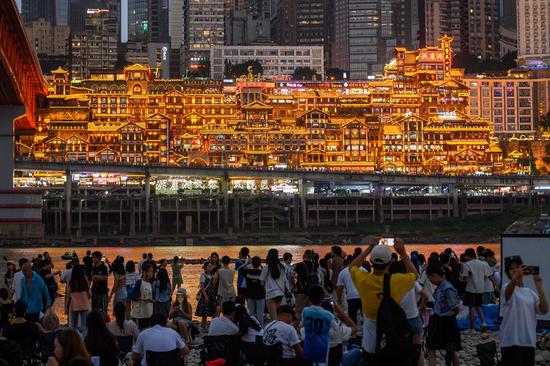


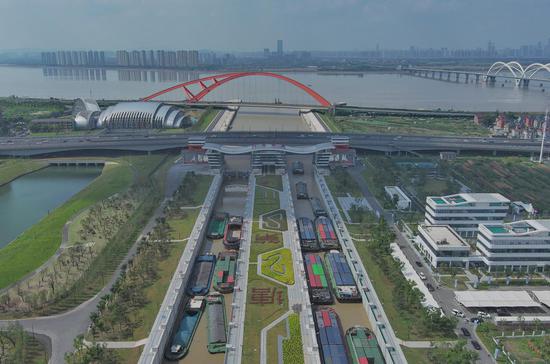
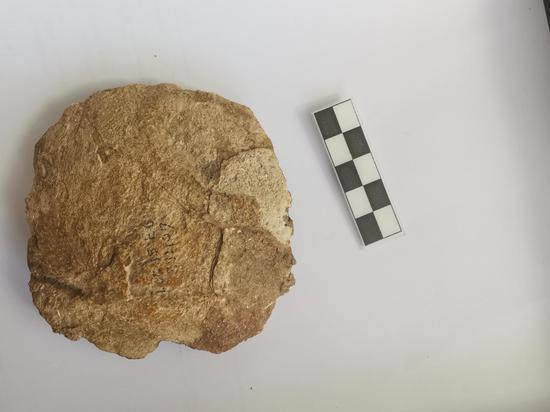



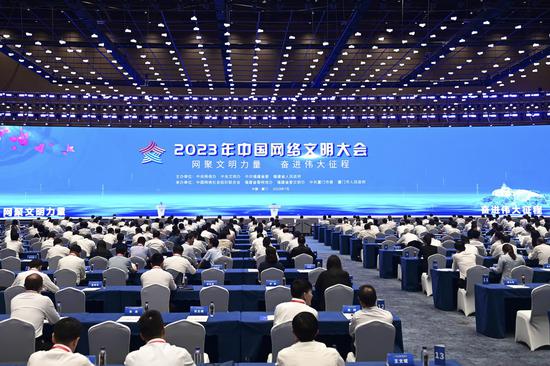

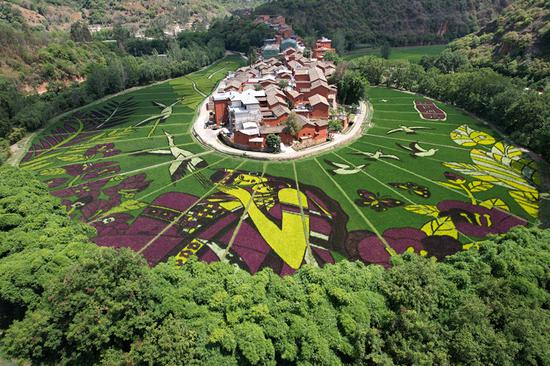
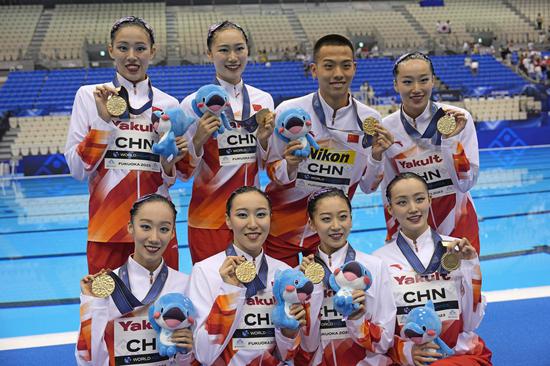
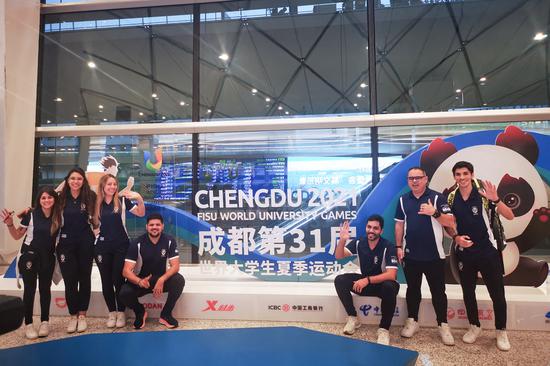


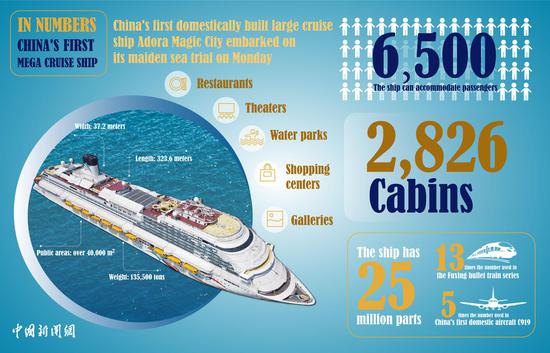

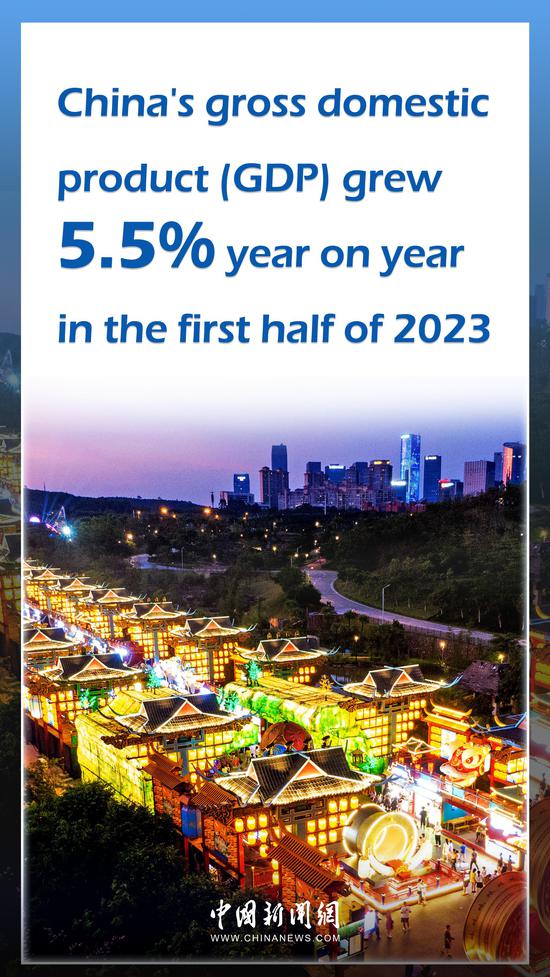

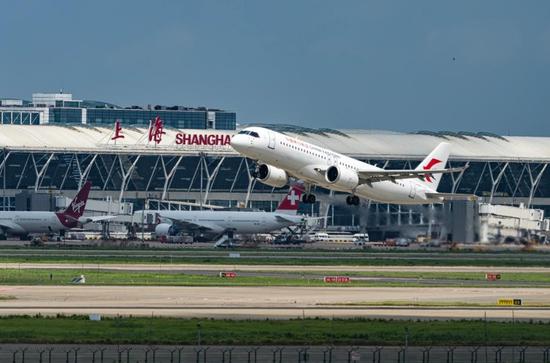
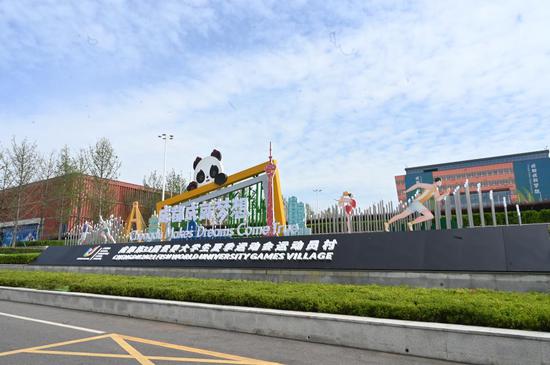





 京公网安备 11010202009201号
京公网安备 11010202009201号